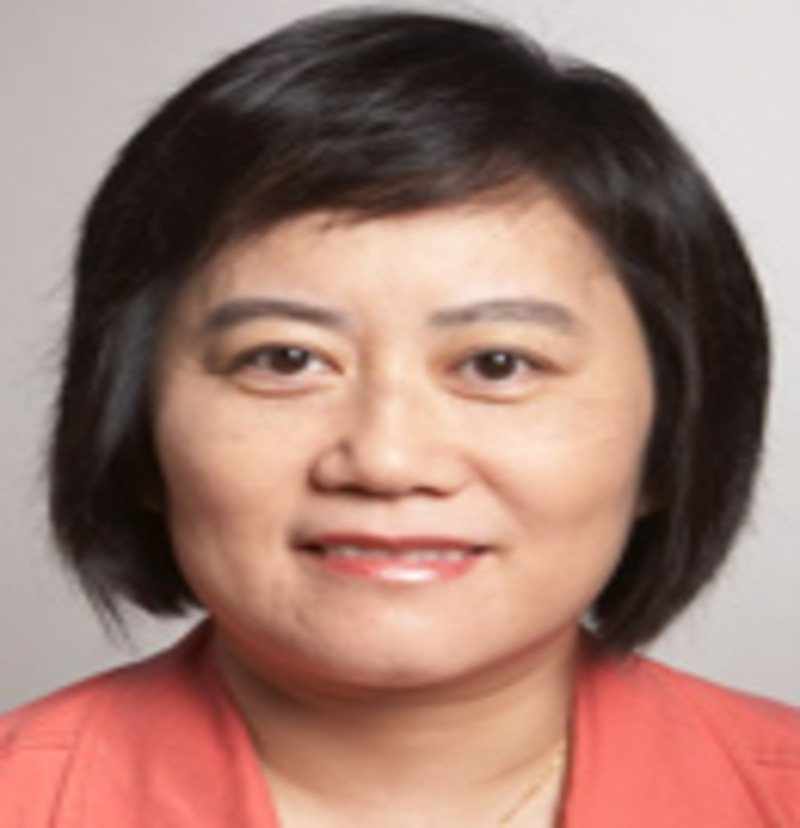
Welcome to the Chen Lab
Dr. Chen’s main research focus is cancer therapy, particularly the identification and development of novel therapeutic modalities that are able to reconstruct the antitumor response by utilizing a combination of the host immune system and the mechanisms of cancer biology. During the past decade at the Icahn School of Medicine at Mount Sinai, she has focused on the mechanisms underlying the establishment of the immune suppressive tumor microenvironment, which remains a major hurdle to successful immune-based cancer therapies. Dr. Chen is one of the pioneering scientists behind the identification of various myeloid derived suppressor cell (MDSC) populations and their diverse roles in maintaining immune suppression in the tumor microenvironment. Her lab has identified novel surface molecules, which can be manipulated to control the fate of MDSC and macrophage differentiation and function. Ligation of these receptors by antagonists and agonists can modulate the antitumor immune response and immune tolerance. By selectively manipulating the differentiation of MDSCs, Dr. Chen has been able to develop novel therapeutic strategies for treating cancer, autoimmune and chronic inflammatory diseases. Dr. Chen also has considerable experience conducting clinical translational studies and has the proven ability to drive basic research to clinical application. She has been continuously supported by multiple NIH, DOD and company funded research grants for both pre-clinical/basic research and clinical trials. She has served as a regular member of NIH review panels in several study sections, including special emphasis panels and outstanding investigator awards, which are indicative of her scientific training and expertise in immune modulation therapy in malignant diseases. She has also served as a reviewer and editor of international peer reviewed scientific journals.
